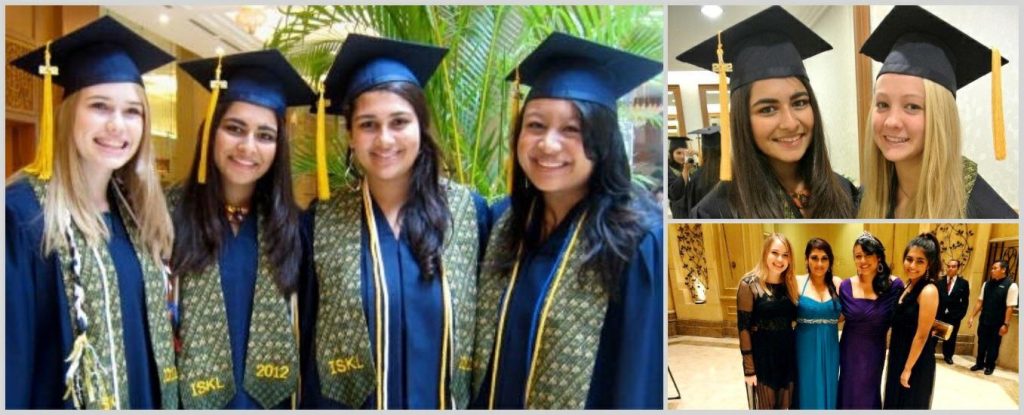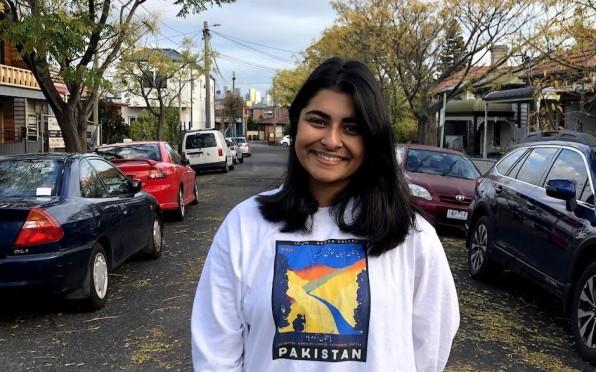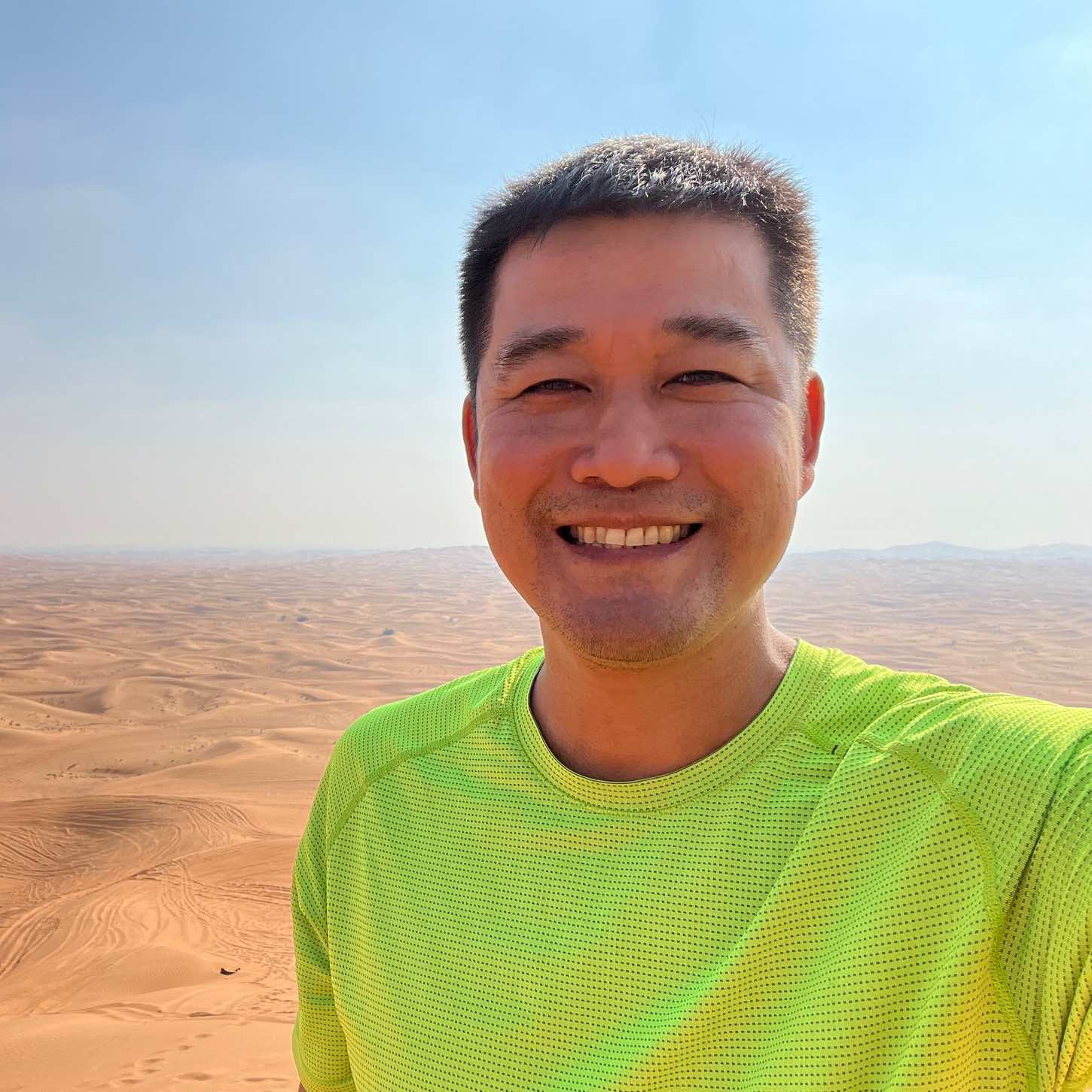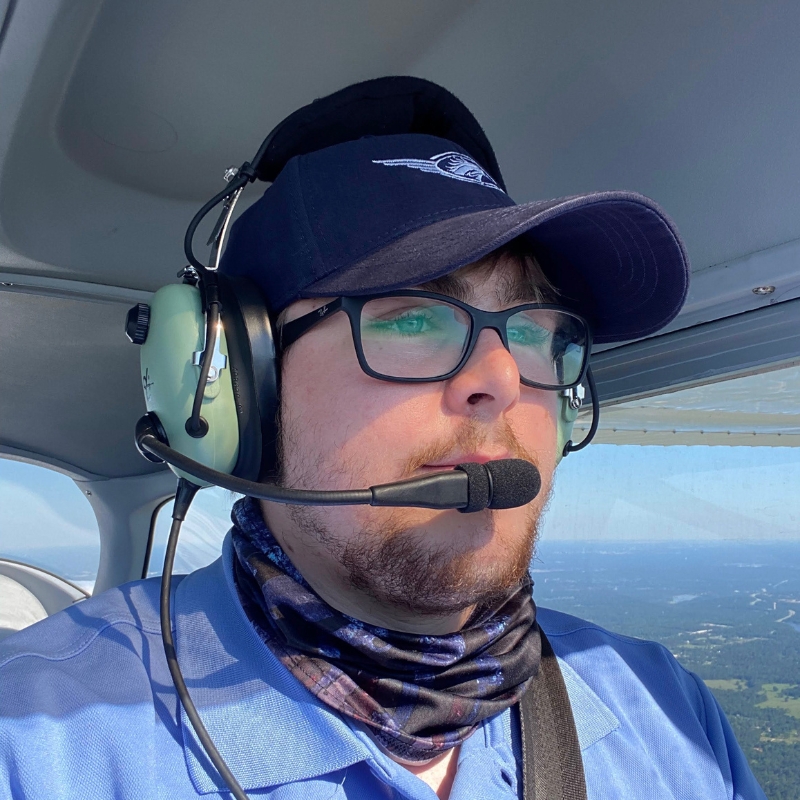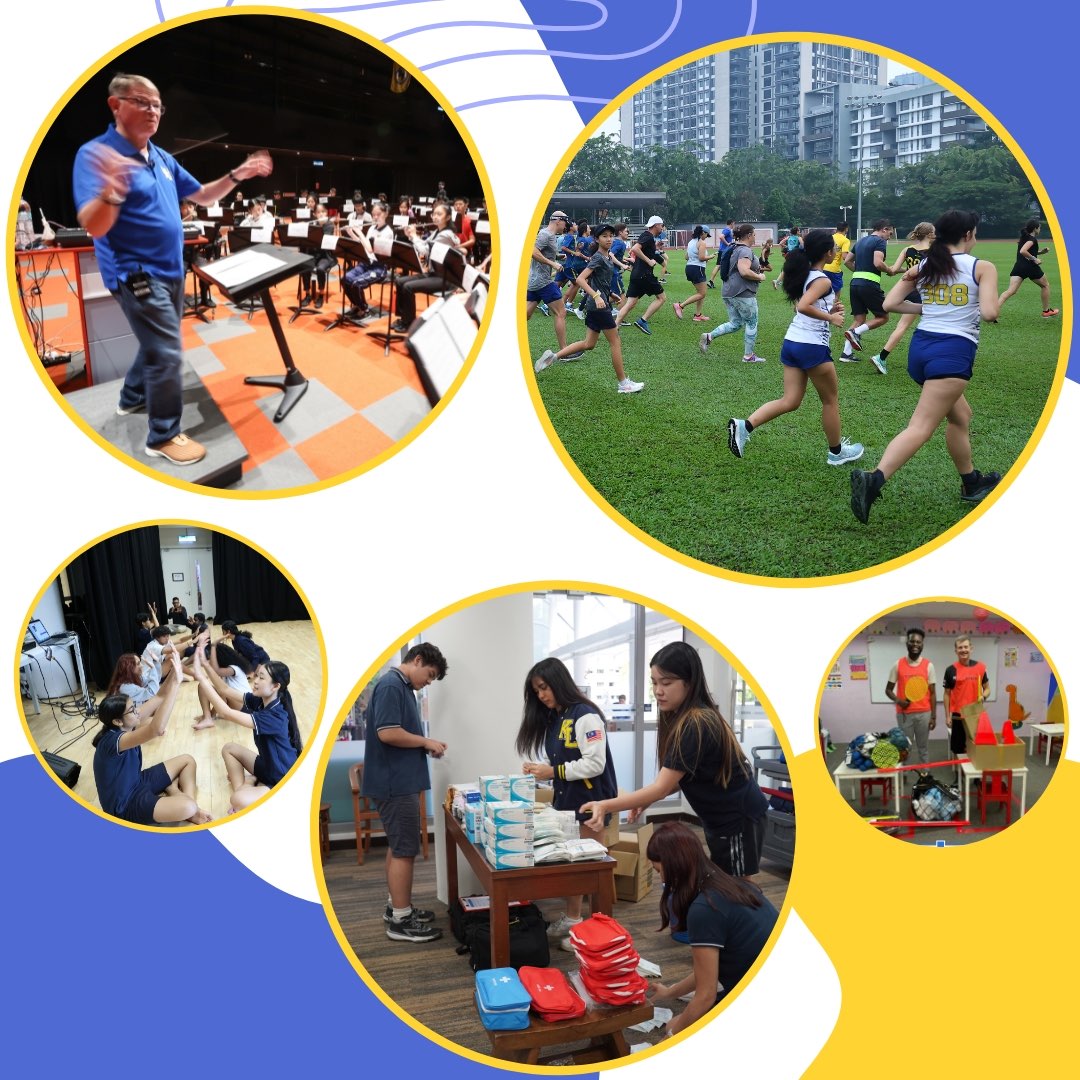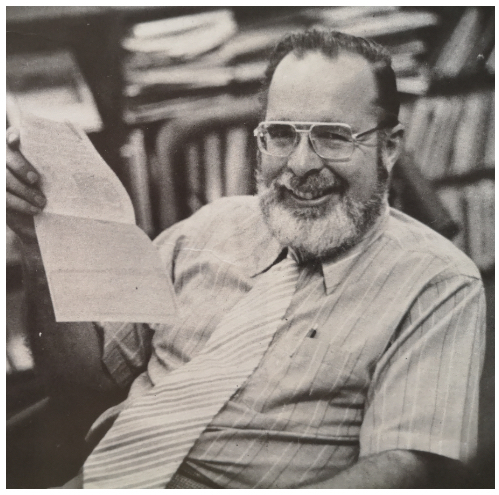Aliya Ahmad, ISKL Class of 2012
Aliya spent the final three years of high school at ISKL, and attributes her conviction to making a difference in the world to her Third Culture Kid upbringing and the extraordinary community and passionate teachers at ISKL.
While she moved to Malaysia at the start of sophomore year in 2009, Aliya attended international schools her whole life, starting at the UN school in Hanoi, and continuing on to Saigon/HCMC and Kuwait, before she arrived at ISKL.
Aliya shares the roots of her passion for social justice, memories of ISKL, and vision for the future with ISKL Director of Development and Alumni Engagement, Lynette MacDonald.
LM: I’m really interested in your work in Melbourne, focused on some very important social justice issues. Tell us about your most recent roles.
AA: I’ve been a media campaigner for several years with a focus on racial and economic justice. I’m currently the Associate Director at a non-profit organisation called the Economic Media Centre. I train diverse spokespeople from grassroots movements who are campaigning for more inclusive economic policies to speak in the media as experts with lived experience. I also regularly pitch stories to journalists who are interested in public interest journalism to help share voices of diverse communities and shift existing narratives and frames to ones that are more inclusive.
Before working at the Economic Media Centre, I was the Senior Media Adviser at the Council to Homeless Persons, the peak body for homelessness in Victoria. I pitched stories and developed key messages that would highlight the issue of the lack of social and affordable housing in the state. I develop media strategies and execute media campaigns – the most recent one saw the largest social housing investment in the state in over 5 decades (an investment of $500 million)!
LM: When was your interest in grassroots activism sparked? Was it influenced by your time at ISKL? Are there any particular teachers who played a role in fostering this interest?
AA: I’ve always been interested in social justice from a young age. Being able to grow up in so many amazing countries meant that I was privileged to listen to stories and experiences from people from all different backgrounds. I loved growing up in the international school/expat community and thought I would become an international school teacher myself because I wanted to be able to keep meeting interesting people and (hopefully) inspire young people who had the same upbringing as me.
Sally Painter, my IB History teacher, played a key role in shaping what I do now. I wanted to be a teacher so that I could inspire students the same way she inspired me to constantly stand up to injustices and oppression (we learnt about the anti-war movements in the US during the Cold War and the Vietnam war). But she was also an activist in her own right before becoming a teacher and I realised that before I become a teacher, and tell students to go out and fight for what is right, I needed to go out and do the work myself. So I’m working as an activist and work to create positive social change through media campaigns.
LM: Your work means you’re a spokesperson, advocate, activist, trainer, collaborator, the list goes on. Were you involved in any activities – MUN, forensics, groups – that helped you hone some of those skills?
AA: I was a part of the International Club, NHS, Student Council and Thespian Society when I was at ISKL. I also regularly volunteered at UNHCR on the weekends teaching English to young people who had become refugees from Myanmar and went to Nepal for Habitat for Humanity. All of these groups and activities played a massive role in shaping me and the type of work I do because each one taught me to appreciate the uniqueness and expertise we all hold but are often unable to properly vocalise or speak out about.
But for me, being a part of ISKL, and the international school community generally, was what made me feel like I needed to become an activist for social justice. I was so lucky to be surrounded by such open minded and diverse friends and teachers. It was only when I moved to Australia that I realised how lucky I had been to have the experiences I had and wanted to turn my experiences into something good for future generations. These experiences continue to shape my worldview and commitment to a fairer and more sustainable future.
LM: Why did you choose Australia, and Melbourne, for university? Was it the right choice for you? Is there anything you would have done differently?
AA: I always say I have one ethnic nationality and another passport nationality. I’m originally Pakistani (I never grew up there), I was born in London, and I have an Australian passport. I chose Melbourne because it was always the place my family considered “home ground”. We lived here for about 3 years when I was 2 and it’s where I actually learnt to speak English. Having dual citizenship is quite normal for TCKs so when I moved to Australia I wasn’t worried at all.
I chose to live at a residential college at the University of Melbourne because it seemed like it would be similar to the ISKL/expat community – team sports, putting on College plays, participating in weekend events. But I wanted to challenge myself and meet new people – people who weren’t just more international/expat students like myself – so I picked my college based on the high number of ‘domestic/Australian’ students. Unfortunately it was the wrong choice for me and I very quickly learnt that people of colour like myself have a very different experience of being ‘Australian’.
Despite some pretty appalling experiences of racism, I was lucky to meet a few people who are still my best friends. I know now that the racism came from a place of lack of awareness/exposure to diverse cultures and that’s not their fault. However, it was not the positive experience I was hoping for. If I could do it again, I wouldn’t have picked that particular college. I probably wouldn’t pick a college at all. My international school upbringing means I don’t need to be a part of a college to be a part of a community – I can adapt and create my own community (which is exactly what I did once I left college).
LM: You aren’t Malaysian, but chose to incorporate Malaysian history in your university studies. What was your course, and why did you choose to study the Malay Communist Emergency?
AA: I studied a double major of Politics and History with an Honours in History at the University of Melbourne. My thesis was about the Malay Communist Emergency and the race relations around this period of decolonisation and the Cold War. I chose this particular topic because it was one of the most interesting subject areas in IB HL History. We focused a lot on the Cold War in school, and it opened my eyes massively when I saw how it played out in places beyond the US/USSR and Vietnam. I grew up in Vietnam and I felt like many people knew about the Vietnam War but I was fascinated by the lesser known history of the cold war influences in Malaya.
LM: Is there something in your (albeit not long) professional life of which you are most proud?
AA: I’m so lucky that I get to work with and support so many amazing grassroots activists and campaigners, as well as really interesting and meaningful causes. In my role as the senior media adviser at the peak body for homelessness in Victoria, I
helped design and run a media campaign to raise awareness of the shortage of social housing in Victoria which contributes to the growing rate of housing stress and homelessness.
During the extended lockdown in Melbourne last year, people who were sleeping rough, or in insecure housing, were unable to ‘stay home’ when Victoria experienced a second wave. In my role as a media campaigner, I ran a campaign calling on the government to provide immediate temporary and emergency accommodation for people without secure housing so that they were able to safely stay inside to prevent community transmission of covid amongst the homelessness population. This resulted in a multimillion dollar investment that temporarily housed people sleeping rough with the aim to support them get into medium and longer term housing outcomes.
When governments were rethinking economic policies and where to restributes millions of dollars, I also ran a media campaign that called on the Victorian Government to make a significant investment in social housing in the state. That campaign contributed to the largest social housing investment in Victoria in over five decades – a $500 million investment to build more social and affordable housing in the state to address the growing issue of housing unaffordability.
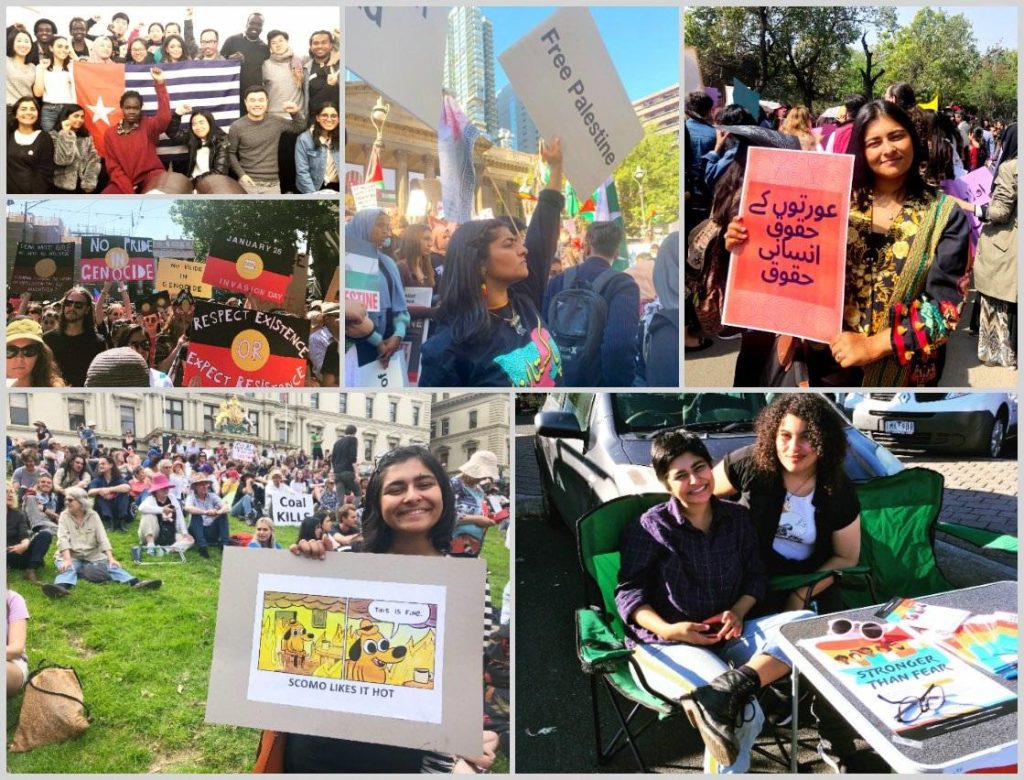
LM: You also have a national role with Democracy in Colour. What is your role in the organisation and how important do you believe diversity is for democracy to thrive, in Australia or anywhere?
AA: Democracy in Colour is a racial and economic justice organisation that campaigns for people of colour in Australia. It’s run by people of colour because we are the people who are acutely aware of the prevalence and impact of racism. This includes campaigns for a fair migration system and an inclusive media that doesn’t condone racialised hate speech. I’m the Communications Director at the organisation and provide advice to the National Directors on key messages that will cut through with audiences and shift the narratives that are often so harmful to people of colour.
We work primarily with communities of colour that have multicultural backgrounds and many first, second, and third generation migrant communities. But being able to talk so openly about racial justice would not be possible without the generations of campaigning from First Nations communities across the country. The dominant narrative in Australia is that we are one of the most successful multicultural countries but until we address the systemic issues of racial discrimination that continue to see high rates of Indigenous incarceration, offshore detention for people seeking asylum and refugees, and the normalisation of racial hate speech by certain mainstream media commentators, we can’t – in good faith – make that claim of multicultural success. That’s why it’s so important to keep holding leaders and governments to account when they don’t make good on these claims, and that’s how (hopefully) we will actually see a truly diverse community.
LM: Where do you see yourself working in 10 years time?
AA: I have no idea what the world will look like in ten years time, but I hope that I’m still doing values-based work with communities that are pushing the dial for a more inclusive and sustainable future. I’ve always wanted to be a teacher at an international school (maybe one day at ISKL!) because my time in the international school community was so instrumental in shaping who I am today. I want to work with young people who are working towards a fairer future for all of us and that might be as a teacher, or as a community organiser or media campaigner. It’s hard to know exactly where I’ll be in a decade, but I know that wherever I am, I’m not going to stop fighting against injustice.
LM: What advice do you have for students interested in social justice but uncertain of how to forge a career following their passions? What are your most important skills?
AA: The world is changing all the time. As a young kid, there weren’t as many career options in the space of social justice as there were by the time I graduated. And now, there are even more! I didn’t know what I wanted to do exactly, and I thought any social justice work I did had to be on a volunteer-only basis – I never imagined I could actually have a career in this space as an activist and campaigner!
My advice would be to keep an open mind and don’t be afraid to try a few things before settling on a job you like. You can fit social justice into any work, whether it’s as a lawyer, a writer, a teacher, a doctor…as long as you know what your values are, and you know what impact you want to achieve, any job can include social justice.
Get involved in clubs at university if that’s your post-high school plan, or go to protests for human rights or climate change and meet new people. Read books by community organisers like the founders of Black Lives Matter or young activists who are campaigning on critical issues like the climate crisis.
The most important skill to have is to keep an open mind and an even more open heart. This work isn’t always easy, and it can be exhausting, but it’s so incredibly rewarding. Grounding yourself in your values, and being open to learning from those around you, will help guide you. There’s no one way to be an activist, and find what your own passions are and put social justice at the heart of it.
LM: Your parents have retired to KL which means you come back (prior to the pandemic) often. What’s the first thing you do when you arrive? (after saying hi to the family, that is)
The first thing I do after I put my bags down in my old highschool room is head straight to a mamak stall to get my fix of roti canai and milo ais!! It’s true when they say the first thing you miss (after your family) when you leave KL is the food and I have a huge list of favourite food haunts that I have to eat at every time I’m in KL.
LM: How did ISKL help to shape the person you are today?
AA: I always knew ISKL and the community around me was special, but the older I get the more I realise how much it shaped (and continues to shape) who I am today. The friends I made in school are still my best friends because they know exactly what it feels like to be a third culture kid, or a stranger in your own home country. The teachers I had in ISKL – and especially Sally Painter – instilled in me a commitment to social justice and for that, I will always be beyond grateful.
